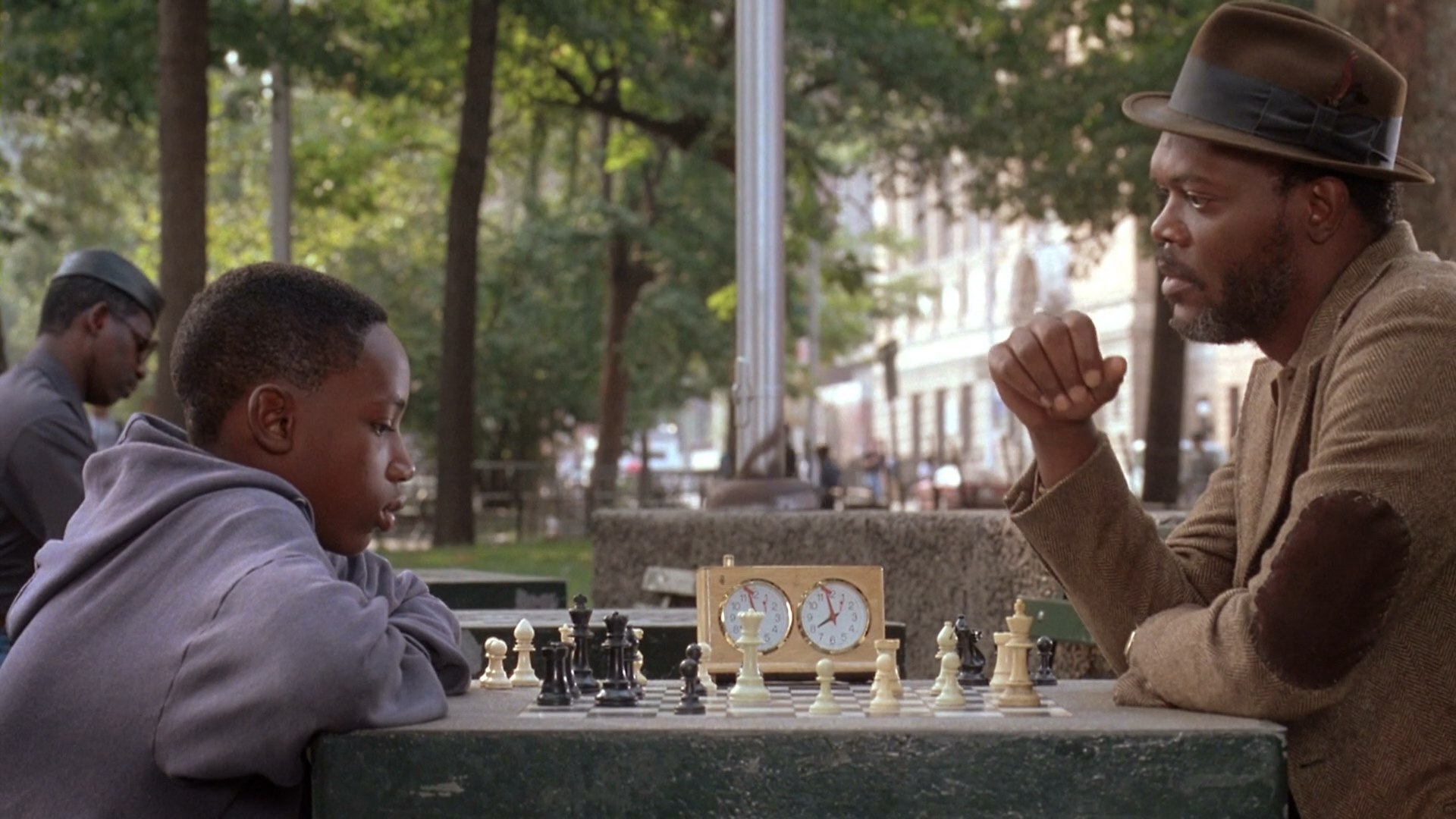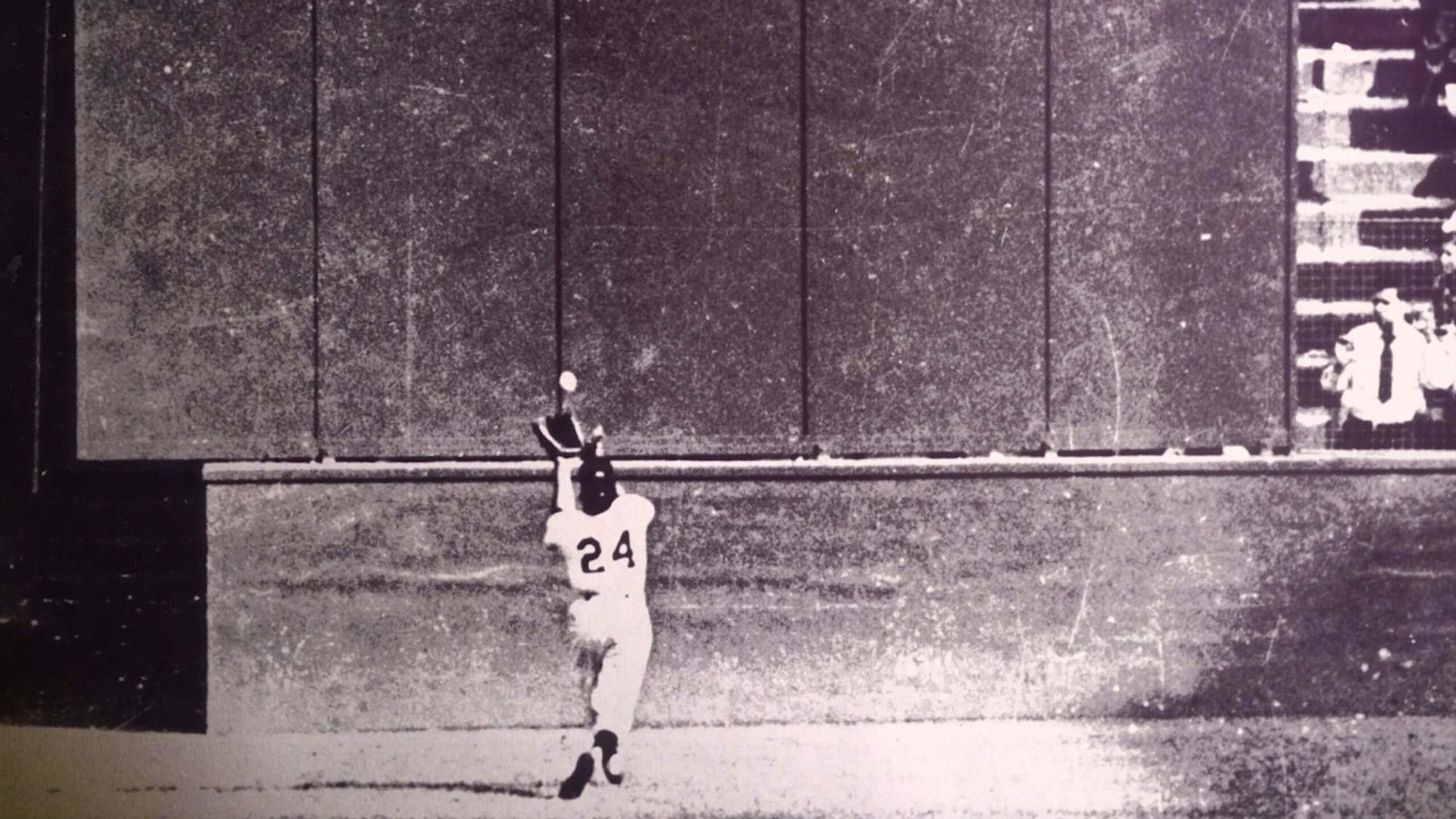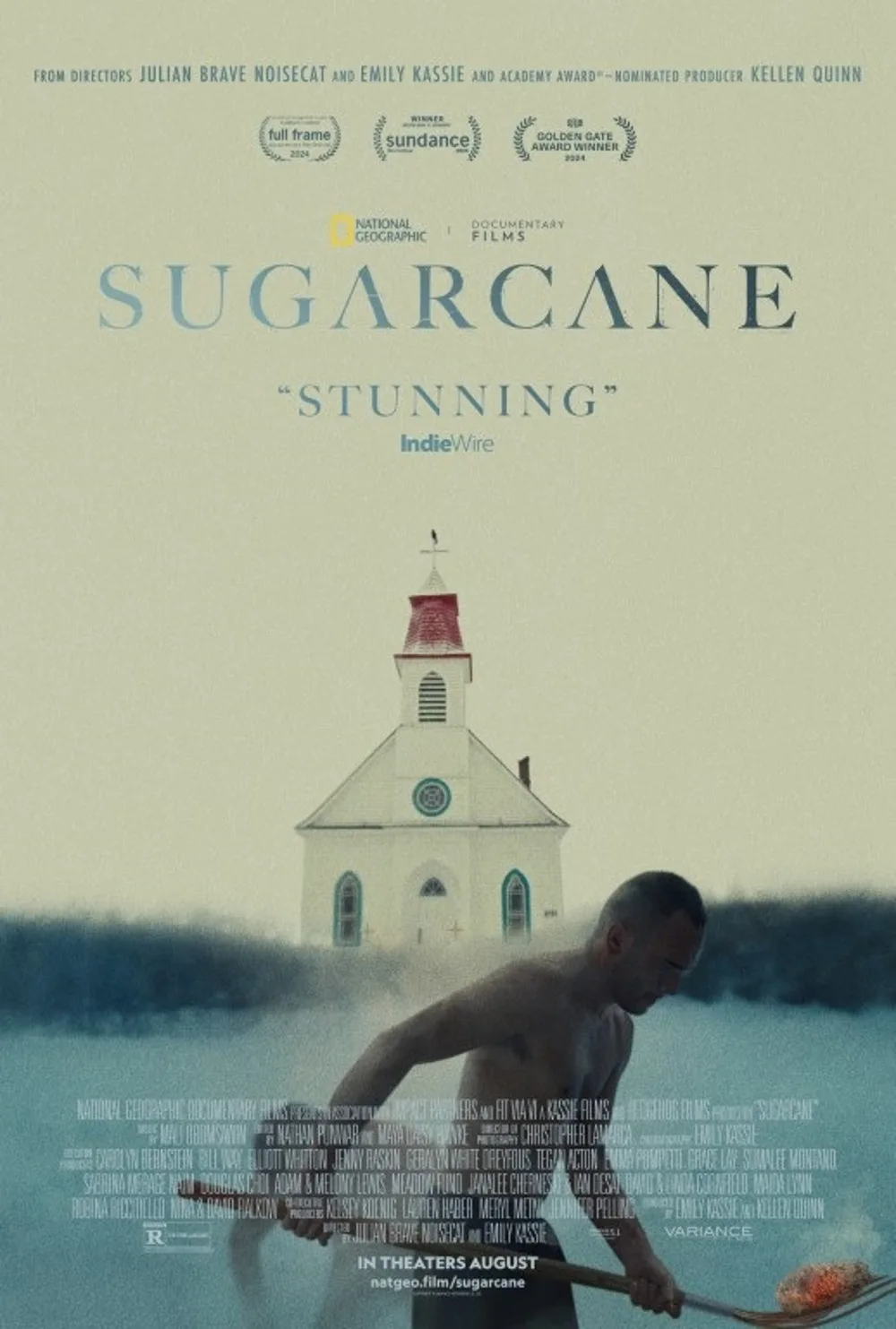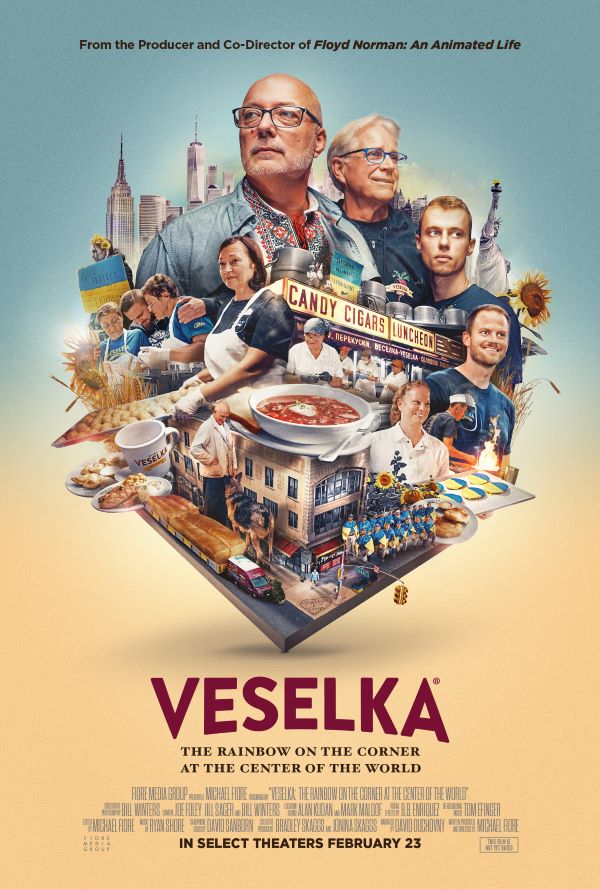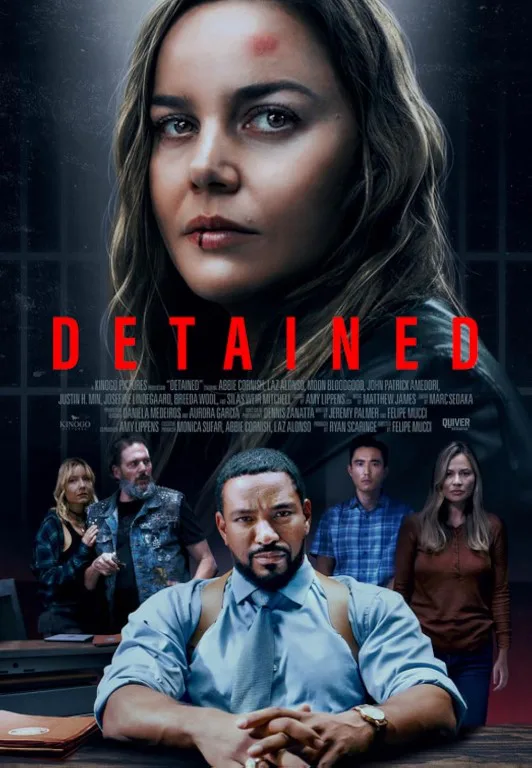Low-budget, urban-set crime dramas were a pretty prevalent film genre throughout much of the 1990s, particularly during the first half of the decade. Examples of the urban-set crime drama include modern cult classics like Mario Van Peebles’ “New Jack City (1991), the late John Singleton’s “Boyz ‘N The Hood” (1991) & “Poetic Justice” (1993), Bill Duke’s “Deep Cover” (1992), and Albert & Allen Hughes’ “Dead Presidents” (1995), to name a few.
Each of those films boast an embarrassment of riches amongst their respective ensemble casts: award-winning luminaries & household names such as Angela Bassett, Morris Chestnut, Ice Cube, Laurence Fishburne, Terrence Howard, Ice-T, Janet Jackson, Regina King, Nia Long, Chris Rock, the late Tupac Shakur, Wesley Snipes, Larenz Tate, Chris Tucker, and Bokeem Woodbine all experienced significant career boosts following the release of their respective films. Those five aforementioned films are cult classics for a reason: they’re exceptionally well-made, and all managed to transcend their genre trappings.
With these films and stars, it was as if major Hollywood studios and smaller independent studios were trying to recreate the template that proved so financially advantageous during the heyday of Blaxploitation. Blaxploitation was an ethnic sub-genre of the action film that was wildly popular in the early-to-mid-1970s, following on the heels of the success of the Civil Rights Movement and the beginning of the Black Power Movement.

This brings us to writer-director Boaz Yakin‘s 1994 feature directorial debut, “Fresh,” a truly unsung masterpiece of the ’90s urban-set crime drama genre. Shot entirely on location in New York in the summer of 1993, with a budget of $3.5 million, the film was a hit at the 1994 Sundance Film Festival, held in Park City, Utah, that January. Yakin won the Filmmakers Trophy – Dramatic prize, and the film itself was nominated for the festival’s biggest honor, the Grand Jury Prize – Dramatic competition.
The film stars newcomer Sean Nelson as the title character, Fresh, a savvy, observant, chess-playing preteen in Brooklyn, New York, who devises a plan utilizing strategies of the game to save himself and his drug-addicted older sister Nichole (played by N'Bushe Wright) from their seemingly desolate community, and more importantly, from the increasingly violent gangsters he runs drugs for. A 12-year-old Fresh somehow navigates the complexities of childhood (i.e., going to school, making curfew, the first sparks of young infatuation) with the increasingly dangerous responsibilities of criminal life (he is a drug runner, after all). His upbringing, environment, and chosen criminal hustle have forced him to be far more mature and worldly than any 12-year-old child should ever need to be. As Roger Ebert pointed out in his review, film characters are never at a loss for words, never repeating or doubting themselves, with kids routinely being written as hyper-articulate know-it-alls, often to a film’s detriment:
“‘Fresh’ isn’t like that,” Ebert wrote. “Here’s a movie filled with drama and excitement, unfolding a plot of brilliant complexity, in which the central character is solemn and silent, saying only what he has to say, revealing himself only strategically.”
“Fresh” doesn’t idolize its drug-dealing criminals. Purposefully or not, some other urban-set crime dramas, like “New Jack City” with its larger-than-life central villain Nino Brown (memorably played by Wesley Snipes, in a star-making, instantly iconic performance) have. Nino fancies himself an entrepreneur and a philanthropist of the highest order, much like his cinematic idol Tony Montana (memorably played by Al Pacino in Brian DePalma’s 1983 urban-set crime drama “Scarface”). Both Nino & Tony pride themselves on giving back to their respective communities, the same communities that they and their criminal regimes supply with endless amounts of highly addictive street drugs (chiefly, cocaine) for sale.
Oscar nominee Samuel L. Jackson (“Pulp Fiction”) co-stars as Sam, Fresh’s wayward, alcoholic, speed-chess guru father who tries to impart life’s wisdom to his young son at their routine chess matches in NYC’s Washington Square Park, where Sam uses his skills to hustle for cash to buy his vice of choice. Jackson’s handful of scenes with Nelson are some of the film’s most powerful, taking Nelson, the big-screen newcomer, under his wing and allowing him to soar.

Emmy nominee Giancarlo Esposito (AMC’s “Better Call Saul” & Disney+/Lucasfilm’s “The Mandalorian”) also co-stars as Esteben, a successful local drug dealer who’s obsessed with Nichole and is so impressed by her younger brother’s efficiency and demeanor he sets out to poach Fresh from the rival local drug dealers he works for. Esposito, like Jackson, establishes a similarly fascinating onscreen rapport with Nelson. Their scenes pop with palpable energy. Esteben genuinely admires Fresh and thinks of him as his eventual heir apparent.
A significant part of what makes the film so engaging and infinitely (re)watchable is Sean Nelson’s superb lead performance. He’s a naturally gifted, charismatic actor who excels in a meaty, well-written, complicated role opposite two insanely talented acting veterans. It’s a real shame he’s not one of the most in-demand working actors today. He should have a much bigger career.
For his screen acting debut, Nelson deservedly won the Special Jury Prize for Acting at Sundance and the Independent Spirit Award for Best Debut Performance in 1995.
Furthermore, Yakin knows how to build tension and stage the film’s violent moments in a realistic, haunting manner. In collaboration with Adam Holender’s evocative cinematography and Dorian Harris’ fine editing, he’s very shrewd in how it’s utilized and depicted. For example, a spirited basketball game starts innocently enough, then transforms into a hellish landscape where everyone present is directly impacted.
The film is purposefully gritty, yet there are flourishes of normalcy to counterbalance the extreme, like Fresh’s interactions with his caring aunt (with whom he lives), his no-nonsense teacher, and his friends. In Yakin’s film, there are no easy answers.
Back to Ebert’s 1994 review: “Fresh’s life, and the city that formed it, are drawn carefully in the early scenes of ‘Fresh,’ which was written and directed by Boaz Yakin, a sometime writer of Hollywood thrillers (‘The Rookie’), who dropped out, moved to Paris, and told himself he would return to the movies only when he had something to say and control over how it was said. ‘Fresh’ meets those qualifications.”
By all means, watch the film and see for yourself.
“Fresh” is available to stream on Paramount+ and rent or purchase at VOD outlets.
